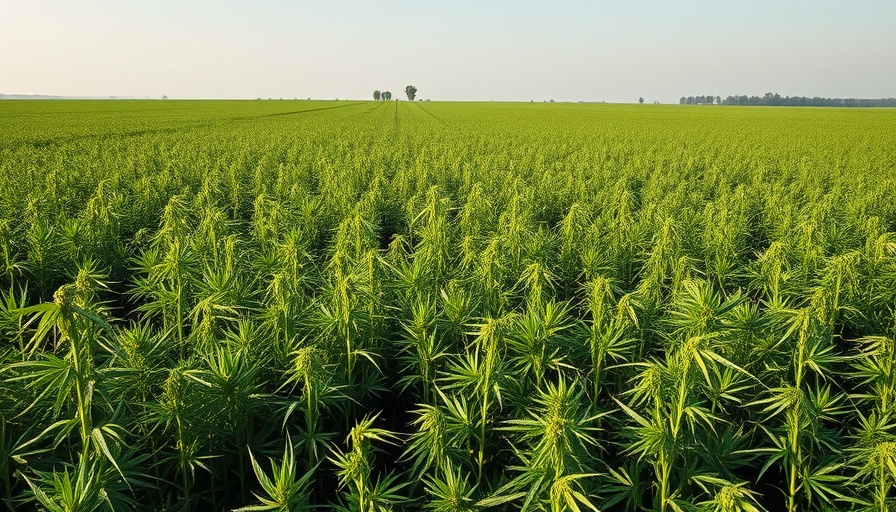
Understanding Hemp and Its Intoxicating Variants
The legalization of hemp in the United States has sparked both opportunity and confusion, particularly concerning the tax treatment of hemp-derived products. Since the passing of the 2018 Farm Bill, hemp—which is defined as cannabis containing 0.3% or less of delta-9 THC—has been differentiated from marijuana, making it legal to cultivate and sell at the federal level. However, the rise of new intoxicating cannabinoids, like delta-8 THC, has blurred these lines significantly.
The Disparities in State Regulation
Different states are approaching intoxicating hemp differently, leading to a complicated regulatory landscape. For example, while states like California and Colorado impose heavy restrictions on hemp, others like New Hampshire allow its sale despite criminalizing marijuana. This inconsistency creates confusion among consumers and businesses alike, often forcing them to navigate a patchwork of regulations.
The Impact on Public Health and Safety
One of the concerning outcomes of the regulatory disparities is the potential risk to public health. Excessive regulations or outright bans can drive consumers into unregulated, potentially dangerous markets. Rather than reducing consumption, these prohibitions can make it harder for legitimate businesses to compete, thus benefiting unlawful markets that do not prioritize consumer safety or health.
Tax Implications of Varying Regulations
State tax treatment of hemp products further complicates this issue, impacting market dynamics and consumer choices. For instance, if states impose higher taxes on hemp than on alcohol or marijuana, it can skew consumer preferences toward potentially cheaper and unregulated intoxicating products. Such tax policies not only disrupt legal transactions but also lead to increased compliance costs for businesses.
A Call for Harmonization
As we move forward, there is a pressing need for regulatory harmonization regarding hemp and its derivatives. Ideally, states should consider integrating high-THC hemp products into existing marijuana tax frameworks. This would provide a clear and fair playing field that could potentially boost tax revenues while ensuring consumer safety across all intoxicating products.
 Add Row
Add Row  Add
Add 




 Add Row
Add Row  Add
Add 

Write A Comment